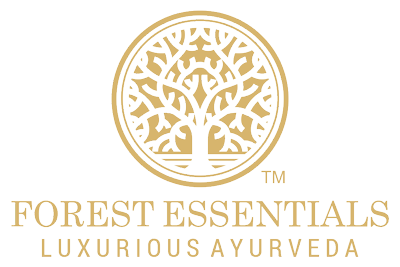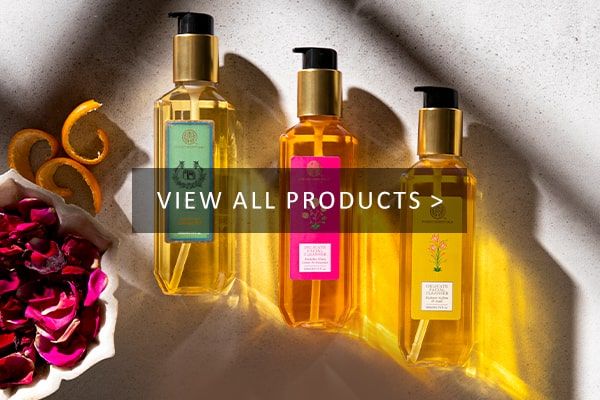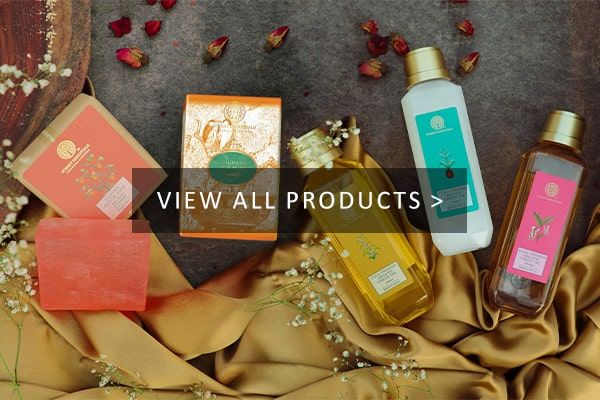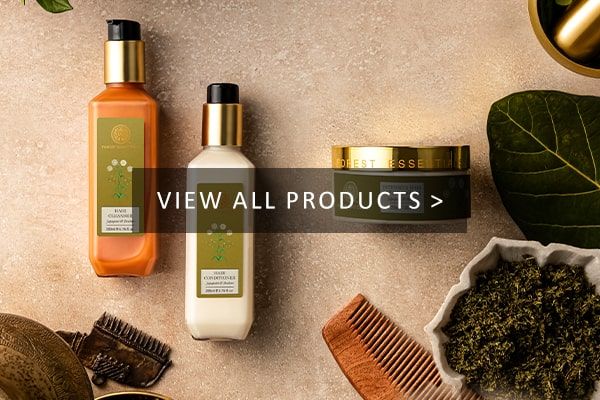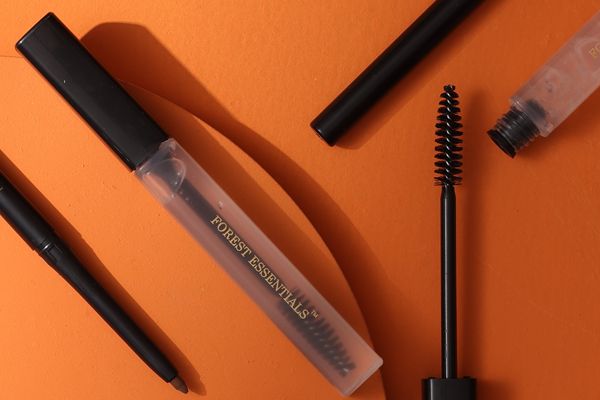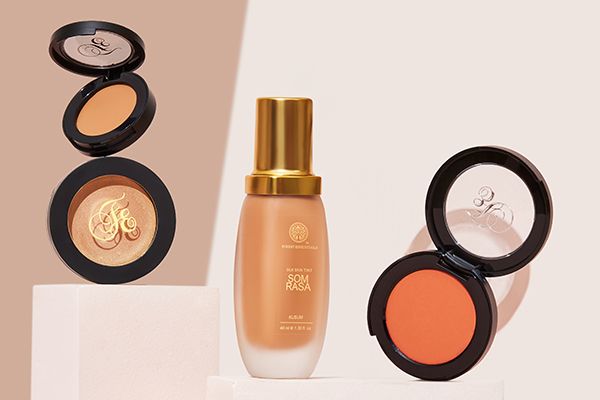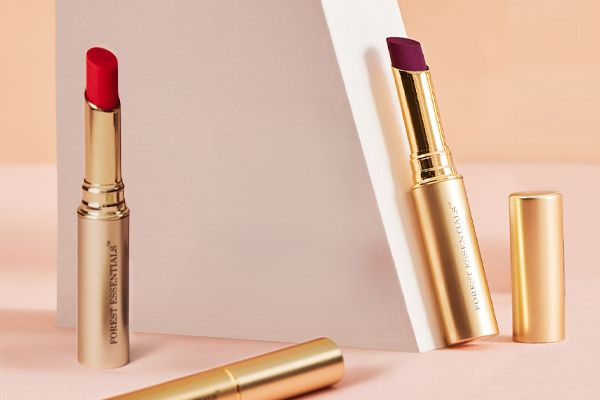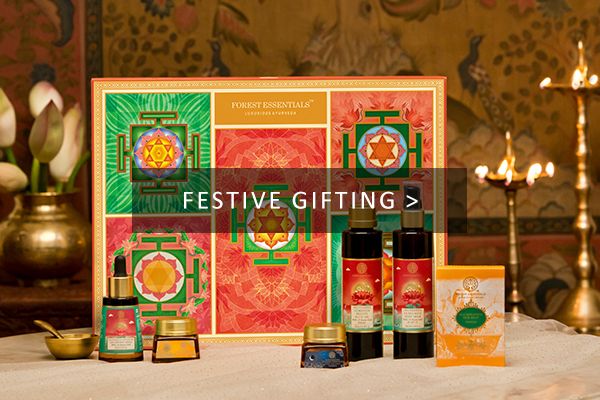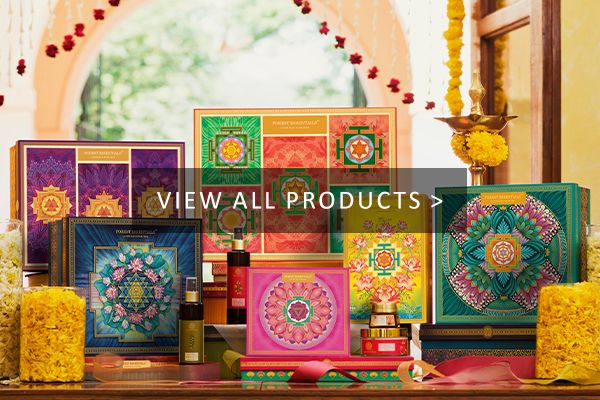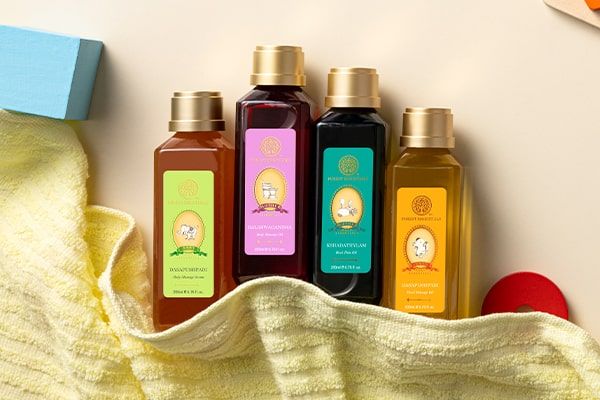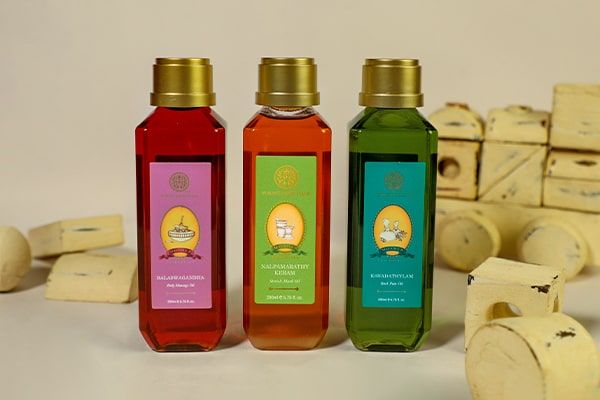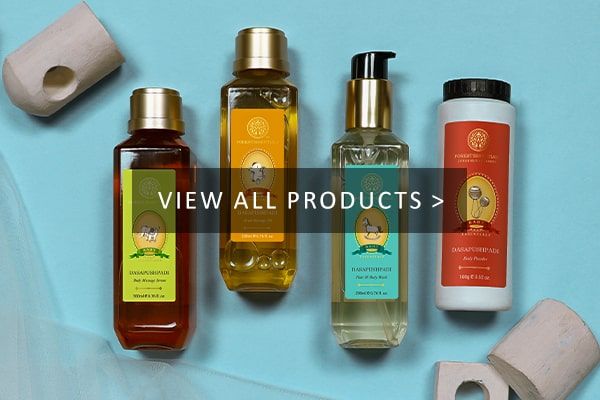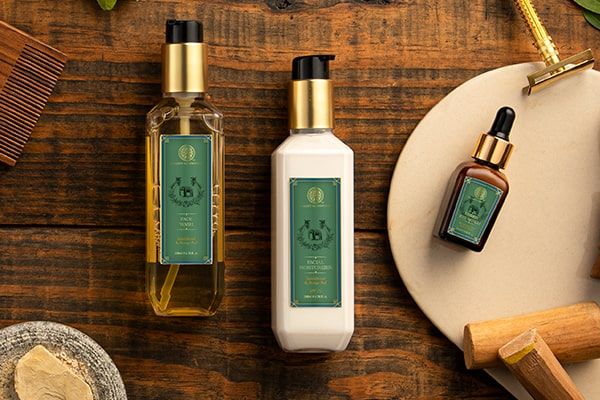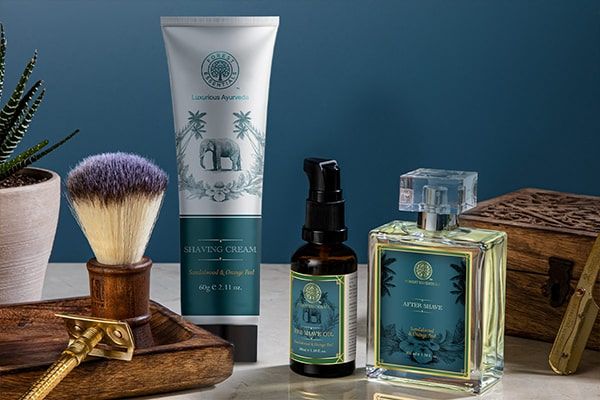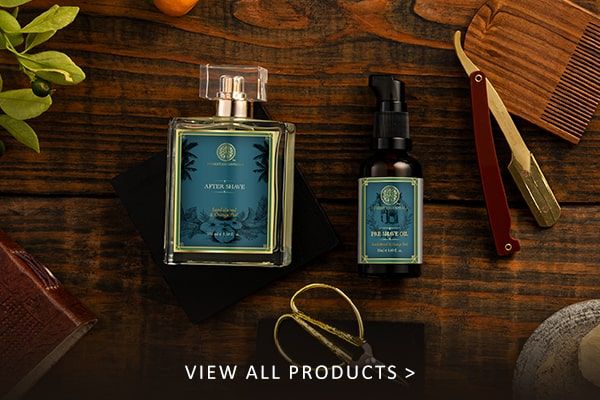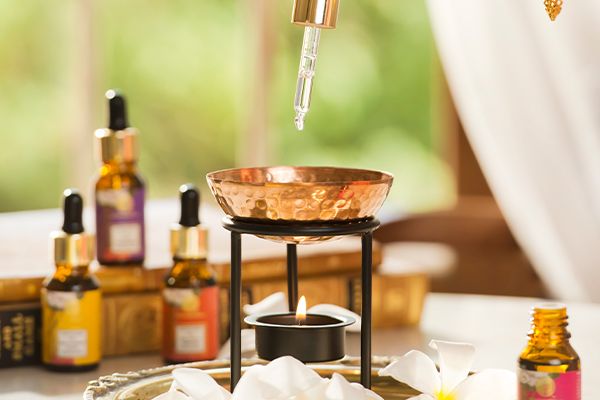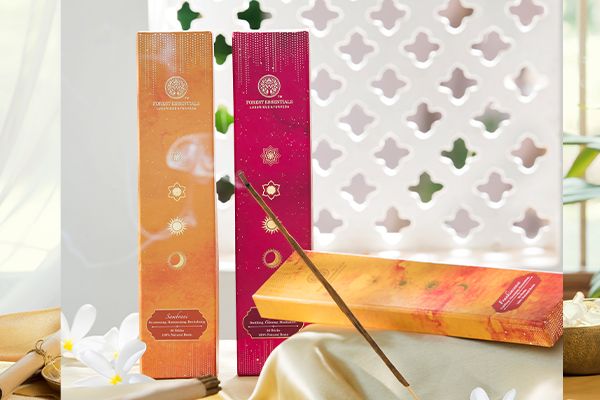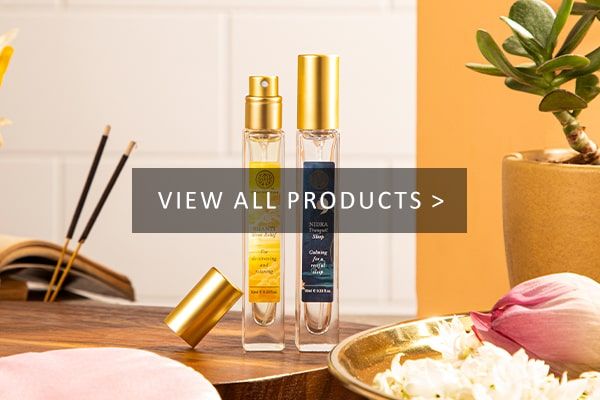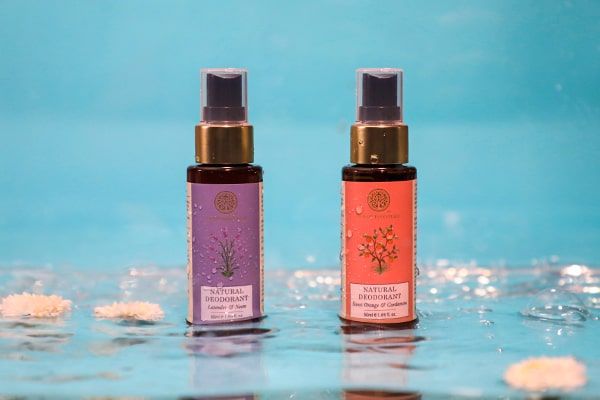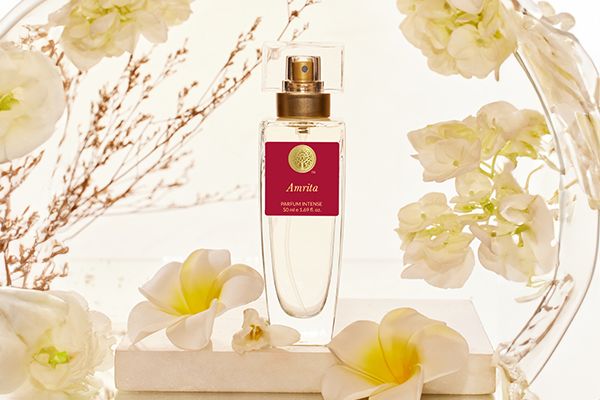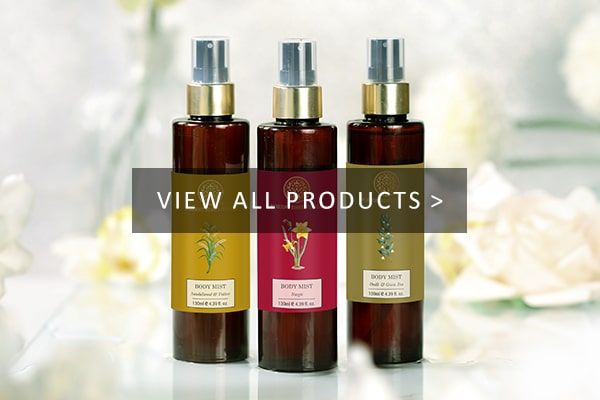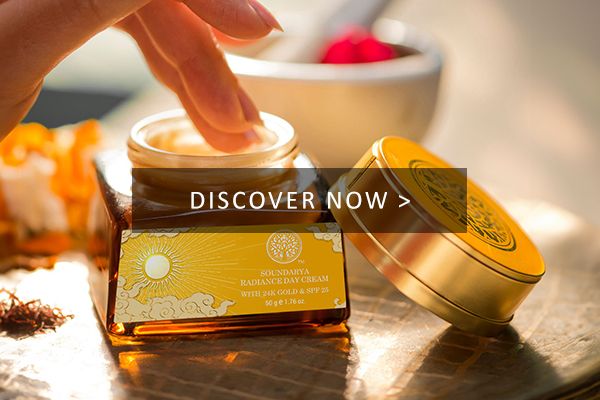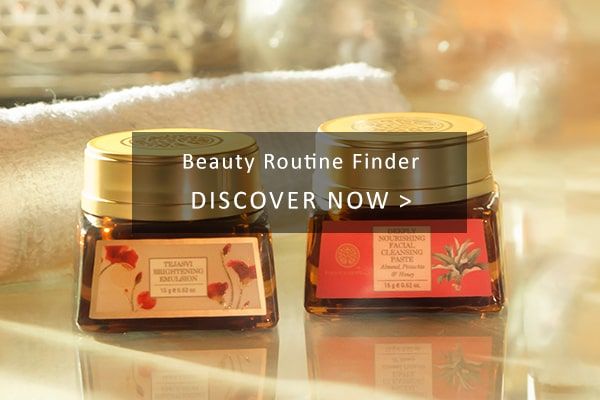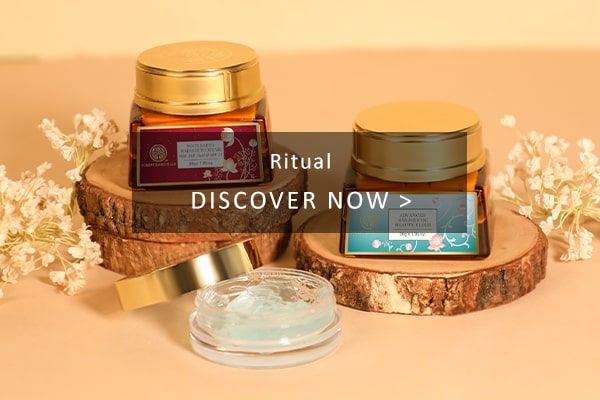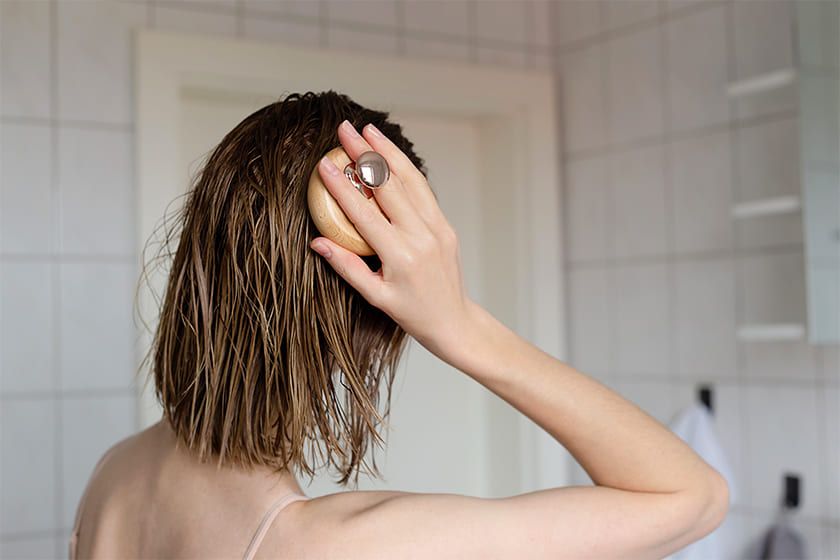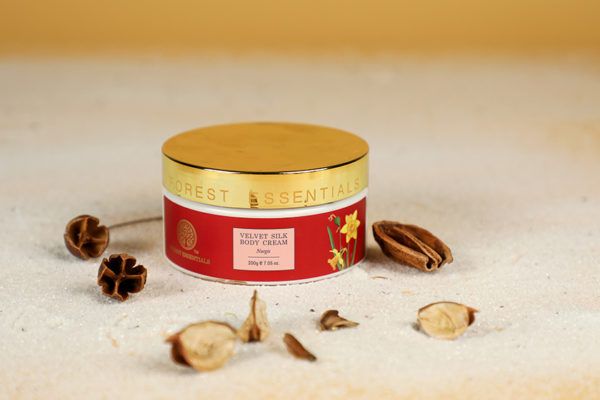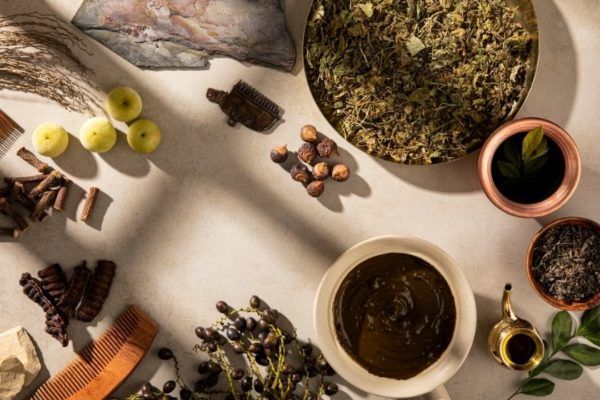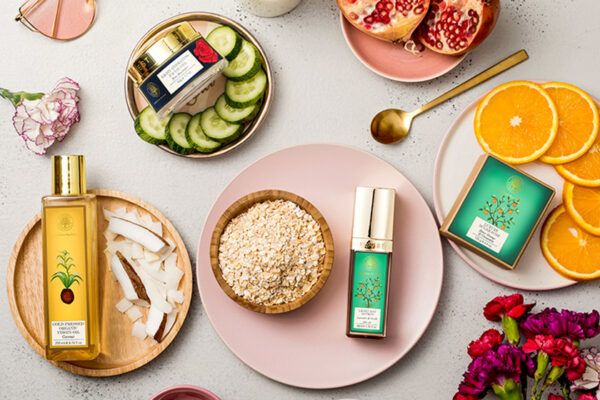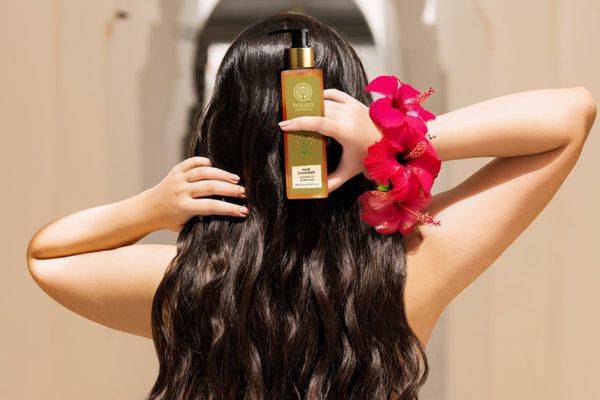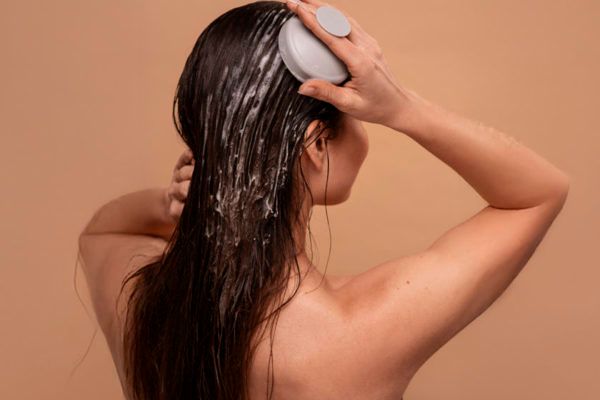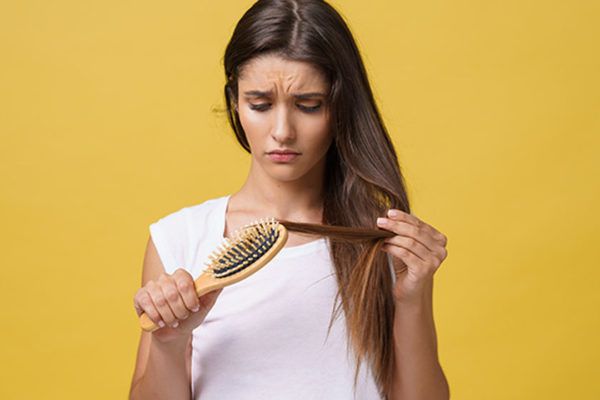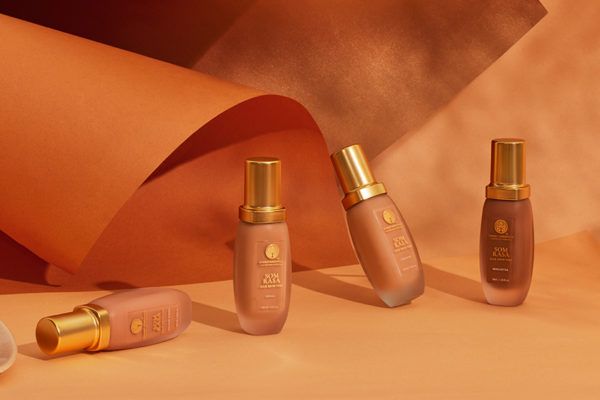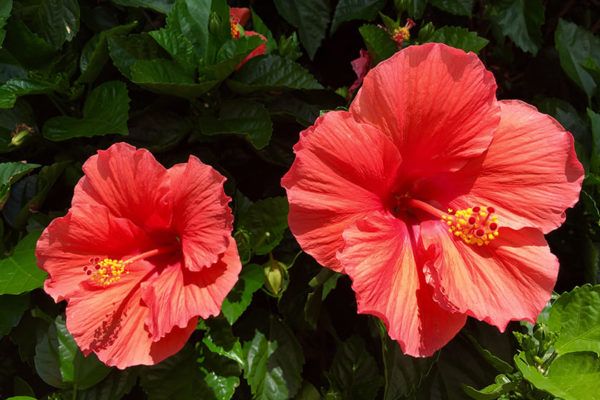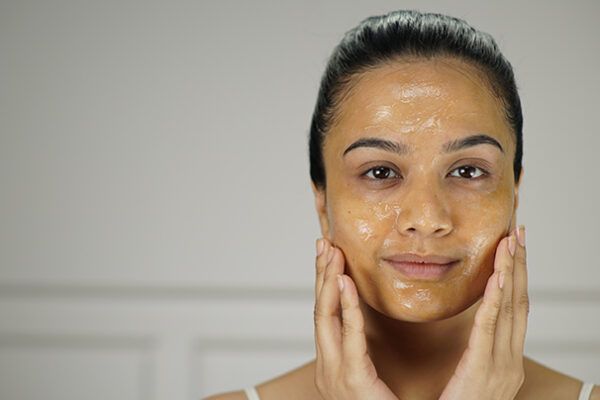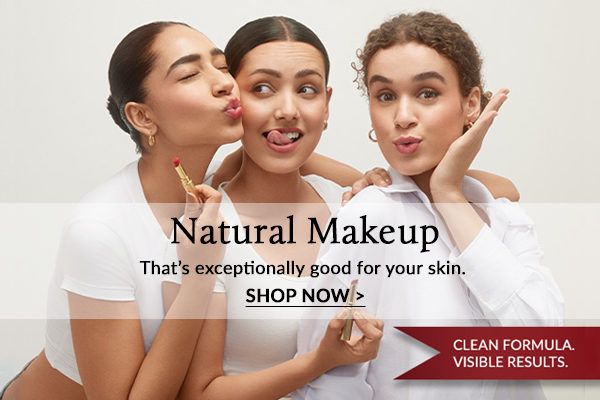Hair conditioners are an essential part of our hair care routine, often overshadowed by the more talked-about shampoos. Yet, understanding and choosing the right hair conditioner is vital to maintaining healthy and manageable hair.
This guide aims to cover everything about hair conditioners, from hair conditioners for both women and men to selecting the ideal product for various hair types and addressing the common hair concerns many have regarding their use.
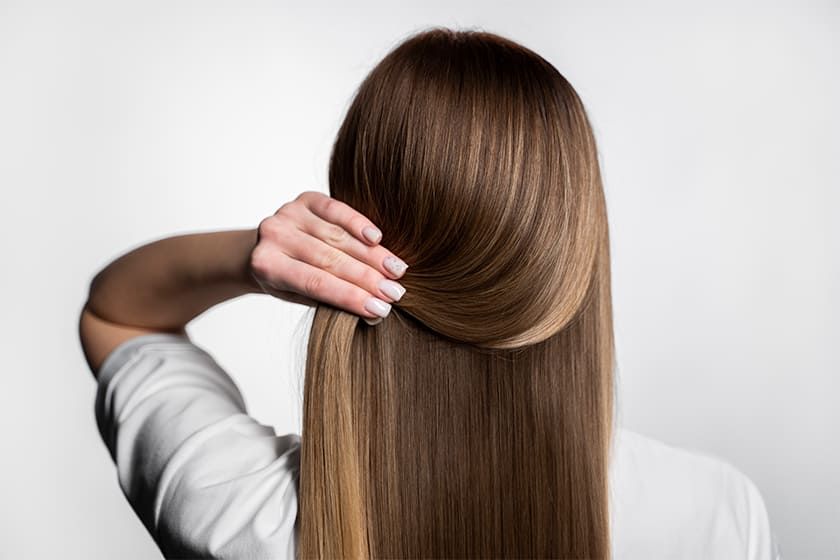
Understanding Hair Conditioners
At its core, a hair conditioner is a hair care product used to improve the feel, appearance, and manageability of hair. Its primary role is to condition the hair, making it softer, smoother, and more pliable. Conditioners work by coating the hair’s cuticle with a protective layer, thereby reducing friction between strands, enhancing shine, and preventing damage.
Types of Hair Conditioners
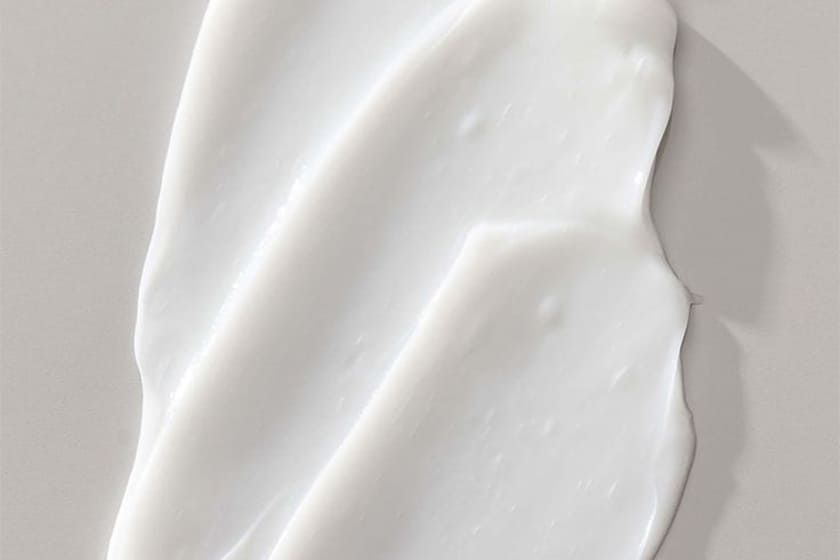
Conditioners come in several forms, each designed to address specific hair concerns and cater to different hair types. Here are some common types of hair conditioners:
Rinse-out hair conditioners: These are the most common type of conditioner and are typically used after shampooing. They are applied to wet hair, left on for a few minutes to allow the conditioning agents to penetrate the hair shaft and then rinsed. Rinse-out conditioners provide immediate conditioning benefits, leaving the hair softer, smoother, and more manageable.
Leave-in hair conditioners: These are applied to damp or dry hair and are not rinsed out. They provide longer-lasting hydration and protection, making them ideal for individuals with frizzy, damaged, or dry hair. Leave-in conditioners can also help detangle the hair, reduce frizz, and enhance shine.
Deep hair conditioners: These are intensive treatments designed to penetrate the hair shaft and provide deep hydration and nourishment. They are typically used once a week or as needed, especially for individuals with chemically treated, damaged, or dry hair. Deep conditioners often contain higher concentrations of conditioning agents, such as oils, proteins, and vitamins, to repair and strengthen the hair from within.
Colour-protecting hair conditioners: These hair conditioners are specifically designed for individuals with colour-treated hair. They contain ingredients that help seal the hair cuticle, preventing colour fading and maintaining vibrancy. Colour-protecting conditioners also provide hydration and nourishment to keep the hair healthy and shiny.
Natural Hair Conditioners
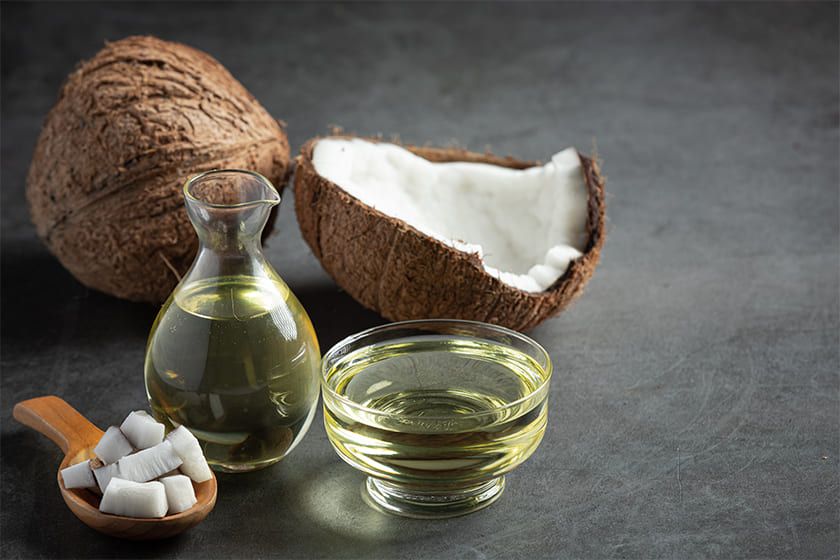
Natural hair conditioners are formulations made primarily from plant-based or naturally derived ingredients, free from synthetic chemicals and additives. These conditioners often contain botanical oils, such as coconut oil, argan oil, and olive oil, which provide deep hydration and nourishment to the hair without weighing it down. Additionally, natural ingredients like shea butter, aloe vera, and honey offer moisturising and conditioning properties, leaving the hair soft, smooth, and more manageable.
Natural hair conditioners are particularly suitable for individuals with sensitive scalp or those who prefer an eco-friendly and sustainable approach to hair care. They can also benefit individuals looking to avoid harsh chemicals and artificial fragrances, promoting healthier hair.
Hair Conditioners for Women & Men
Hair conditioners for both women and men serve the same fundamental purpose: to improve the texture, appearance, and manageability of hair. While many conditioners are marketed towards specific genders, the formulation and benefits are often similar. However, certain products may cater to specific hair concerns or preferences commonly associated with women or men.
For men, hair conditioners often cater to specific needs, such as thick or coarse hair, offering formulas that provide deep hydration without weighing down the hair. These conditioners may include ingredients like protein complexes or natural oils to strengthen the hair shaft and add volume while addressing common concerns such as dandruff or scalp irritation.
On the other hand, conditioners for women may offer a broader range of options, catering to different hair types and textures, from fine and straight to curly or thick. Depending on individual needs, women’s conditioners may contain ingredients like keratin, argan oil, or shea butter to repair damage, smooth frizz, and enhance shine. Some formulas may also target specific concerns such as chemically treated hair, protecting it against fading and damage caused by styling or environmental factors.
Whether it’s for men or women, choosing the right conditioner depends on individual hair types, concerns, and preferences. By selecting a conditioner that addresses specific needs and incorporates beneficial ingredients, both men and women can achieve healthier hair.
Choosing the Right Conditioner for Your Hair Type
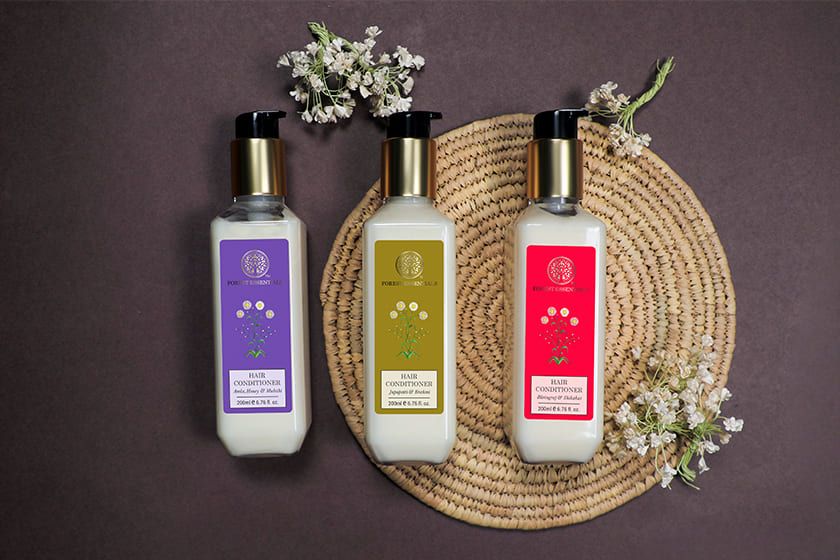
The key to maximizing the benefits of a hair conditioner lies in selecting one that aligns with your hair type:
For oily or fine hair
Look for lightweight, volumising conditioners that can add body and fullness to your strands without weighing them down. Lightweight formulas with ingredients like natural protein, collagen, or keratin can help plump up the hair shaft and create the appearance of thicker hair.
For dry hair
Opt for hydrating and moisturising formulas rich in natural oils and butters such as coconut oil, argan oil, olive oil, shea butter or glycerine. These ingredients will help hydrate and nourish your hair, leaving it softer and more manageable.
For curly hair
Choose conditioners with high moisture content to define curls and reduce frizz. Creamy, sulphate-free formulas with ingredients like shea butter, coconut oil, or aloe vera can help nourish and moisturise your curls, leaving them soft, smooth, and well-defined.
Damaged or chemically treated hair
A deep conditioning treatment or a repair conditioner that can help strengthen and repair your hair from within. Look for ingredients like keratin, protein, biotin, and vitamins that can help rebuild the hair’s structure, repair damage, and improve elasticity.
Discover Forest Essentials’ range of natural conditioners to find the best hair conditioner for your hair type or concern.
Common Hair Conditioner Concerns
Despite their benefits, some hesitate to use conditioners regularly due to concerns about greasiness, hair fall, or product build-up. Choosing the right type and applying it correctly can alleviate these issues. Opt for a lightweight formula for fine hair or a deeply hydrating one for dry, damaged strands. Proper application techniques also play a significant role; focusing the conditioner primarily on the ends rather than the scalp helps prevent the roots from becoming weighed down or greasy.
Additionally, adjusting the frequency of use based on hair type is essential. Dry hair may benefit from daily conditioning to maintain moisture levels, while oily hair might require a less frequent application to avoid exacerbating excess oil production.
Conclusion
Choosing the right hair conditioner is crucial to achieving healthy, beautiful hair. By understanding the different types and benefits of natural ingredients and selecting a product suited to your hair type, you can transform your hair care routine. Let this guide be your starting point towards achieving your hair’s full potential.
FAQs
What does a conditioner do to your hair?
A conditioner helps to replenish moisture, smooth the hair cuticle, and detangle strands. It restores the natural oils lost during shampooing, leaving hair softer, shinier, and more manageable.
How to use conditioner for hair?
After shampooing, apply conditioner evenly through damp hair, focusing on mid-lengths to ends. Leave it on for a few minutes to allow it to penetrate the hair shaft, then rinse thoroughly with lukewarm water.
Is conditioner OK to use every day?
It depends on your hair type and condition. For most people, using conditioner daily is safe and can even be beneficial, especially if you have dry or damaged hair. However, those with fine or oily hair may find that using conditioner daily weighs their hair down.
Are there any side effects of hair conditioners?
While rare, some individuals may experience scalp irritation or allergic reactions to certain ingredients in hair conditioners. It’s essential to patch-test new products and discontinue use if any adverse reactions occur.
How long can you leave the conditioner in your hair?
Typically, conditioner should be left in the hair for 1 to 2 minutes before rinsing thoroughly. However, deep conditioning treatments or leave-in conditioners may be left on longer, following the product instructions for optimal results. Leaving the conditioner in for an extended period may lead to build-up or weigh down the hair.
References
https://www.vogue.in/content/how-to-use-a-conditioner-according-to-experts
https://www.vogue.in/beauty/content/4-mistakes-you-could-be-making-while-using-conditioner
https://www.allure.com/story/what-does-a-conditioner-do-why-should-you-use-it
https://www.byrdie.com/conditioner-101-choosing-the-right-conditioner-3517814
